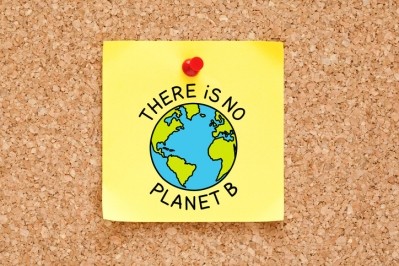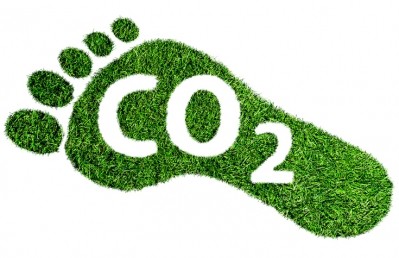Feed sector embraces challenge, farmers wonder what it takes to be EU Green Deal ready

The EU farmer lobby appeared more circumspect about the newly announced plans.
The European Commission unveiled a three-decade roadmap towards a sustainable economy yesterday, its objective - climate neutrality for Europe by 2050. Its Green Deal covers all economic sectors, notably energy, agriculture, and transport.
Last month, the EU Parliament declared a climate and environmental emergency in Europe and globally. The MEPs called on the EU Commission to ensure that all relevant legislative and budgetary proposals are fully aligned with the objective of limiting global warming to under 1.5 °C.
The new head of the EU Commission, Ursula von der Leyen, pledged to present the first European Climate Law within 100 days.
By next summer, the EU Executive will launch its plan to increase EU’s 2030 climate target from the current 40% to 50-55% in order to realize its goal for the bloc of net-zero greenhouse gas emissions by the mid-century.
Feed Sustainability Charter 2030
In a statement yesterday, EU compound feed industry representatives, FEFAC, said the sector is ready to fully engage, and help attain the objectives laid down under the Green Deal, in order to achieve carbon-neutral livestock and aquaculture production in Europe.
The EU feed industry, it stressed, has been a long-time investor in R&D to provide innovative animal nutrition approaches to farmers, helping them to address the challenge of climate change.
FEFAC said its members are developing the Feed Sustainability Charter 2030, setting out five key ambitions, with additional industry commitments, which it maintains will sustain the EU’s holistic approach of sustainable food systems within the Green Deal package. That charter will be adopted and published at FEFAC’s congress in Antwerp on June 4, 2020.
Yesterday saw the trade group also release an overview of sustainable feed industry initiatives underway to support development of sustainable livestock farming and aquaculture systems, highlighting how adequate measuring of the environmental impact of feed production is a key step to allow for designing and implementing effective mitigation practices in the feed and livestock sector.
It said the assessment and publication of the PEFCR Feed for Food Producing Animals and the EC LCA feed database by the EU Commission in April 2018, reflects the results of a three-year pilot project supported by FEFAC.
“FEFAC fully supports the EU Commission efforts to use the PEF methodology as a harmonized knowledge-gathering tool, which could become a key reference for all relevant EU Policy Initiatives, linked to the Green Deal, seeking to identify adequate mitigation measures to enhance environmental performance of feed and food production systems.”
Although the input share of the compound feed industry is smaller when it comes to ruminant livestock farming, FEFAC said it and its partners are contributing to EU research to reduce methane emissions, using innovative animal nutrition solutions and feed processing technology.
Deal must be 'coherent and consistent'
EU farmers lobby, Copa-Cogeca, said farmers and cooperatives are ready to deliver and support the ambitious vision, launched yesterday, but it maintains the EU Green Deal must be coherent and consistent.
“It cannot be overlooked that thousands of farmers have taken to the streets over the past few weeks in various countries calling for coherent policies, decent income and the end to the unfair depiction of the agricultural sector. These concerns must be addressed.
“However, at this stage the European Green Deal raises more questions among European farmers than it solves.”
Farmers and their cooperatives want to know what the financial impact of the Green Deal will be at a time when European agriculture is facing the challenge of generational renewal, said Copa-Cogeca.
The farmers are also seeking clarity on whether the ‘new technologies and scientific discoveries’ referred to in the Green Deal in relation to sustainable food systems would include New Plant Breeding Techniques (NPTs), currently blocked by the EU Court of Justice’s decision.
And they wonder how the EU is going to ‘significantly reduce the use of pesticides and fertilizers’ when there is no mention of a list of credible alternatives in the Green Deal.








